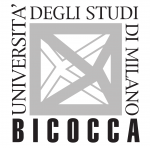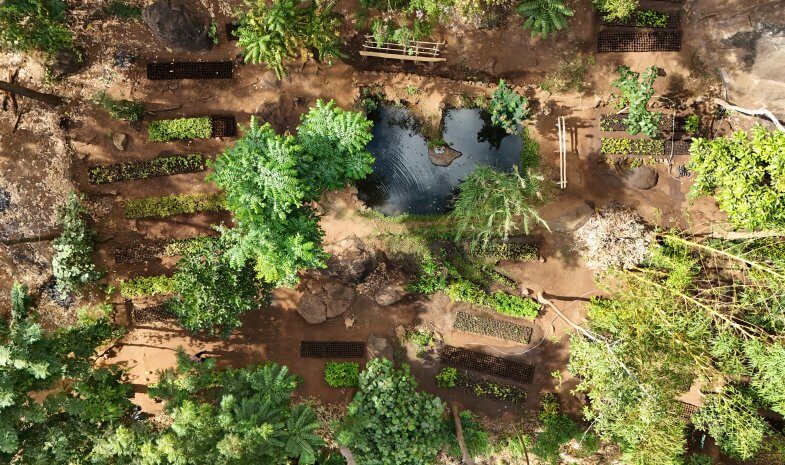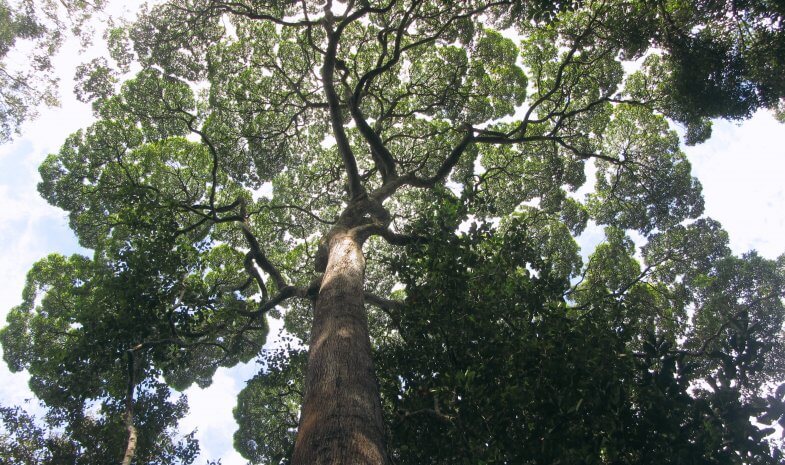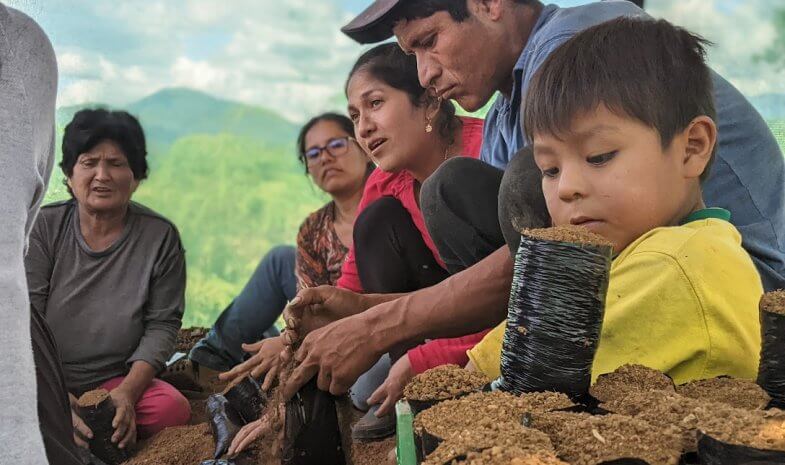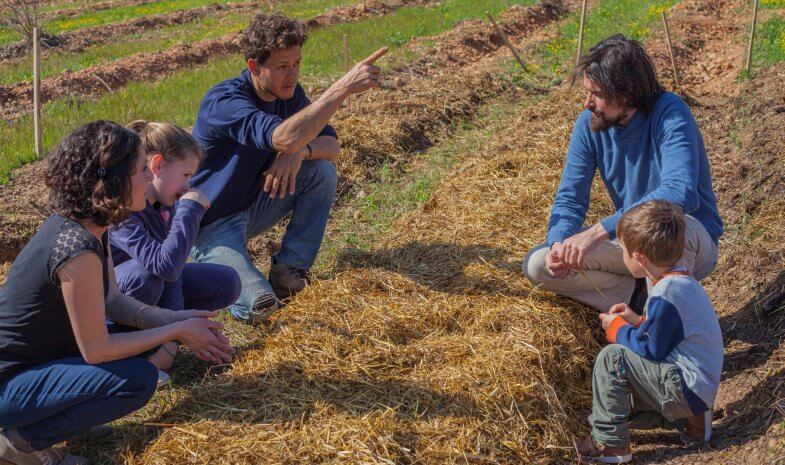Habitat trees: Key to protecting biodiversity
ItalieHabitat trees: Key to protecting biodiversity
Duration of the partnership
2022 - 2023
Location
Italie
The Project and its Challenges
Habitat trees are old and tall trees with a number of characteristics that make them important resources for animals. They play an essential part in the ecosystems around them. These organisms can be anywhere between 100 to 800 years old, making them irreplaceable; a tree planted today, by contrast, will take at least a century to perform a similar role in its ecosystem. This quality is particularly important in towns and cities, where habitat fragmentation hinders both biodiversity preservation, as well as the proper functioning and resilience of ecosystems. Proper management of old trees is hampered by a lack of awareness, as well as a lack of scientific studies of their importance by the people who are responsible for them.
The Indro Montanelli Gardens, a historic park in the centre of Milan, are also host to the city’s natural history museum. In the 18th century, it became Milan’s first public park, and is still home to several trees from that time, including dawn redwoods, oaks and cedars.
Today, the park is in the care of the Milan City Council, whose approach to managing their trees is largely decorative in nature, in terms of plant health and security. They tend to fell old trees, with a view to reaching their target of 3 million trees planted in the Milan metropolitan area by 2030. A lot of investment is going into new planting, but no plans whatsoever have been made for maintaining the old trees.
At the University of Milano-Bicocca, they hope to change the way the city’s trees are currently managed and study these living organisms. The university’s pilot project will devise and test innovative methods of studying trees in urban areas, then spread the message of how important they are to the proper functioning and resilience of ecosystems.
The Maisons du Monde Foundation is supporting the University of Milano-Bicocca in its fight to preserve the old trees in the historic Indro Montanelli Gardens, which play such a central role in preserving biodiversity.
Thanks to its partnership with the Maisons du Monde Foundation, the university’s project aims to:
- Study the number and types of organisms living in very tall urban trees, carrying out one survey every season
- Experiment with an innovative sampling technique that involves climbing the trees
- Teach non-experts about the role played by old trees in biodiversity preservation, at two events aimed at the general public and two educational labs
- Promoting conservation arboriculture among tree surgeons and others working in the field, at a workshop
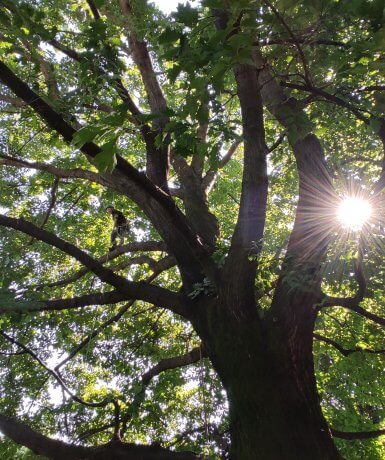

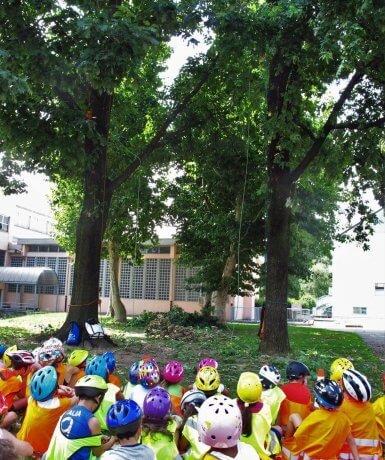
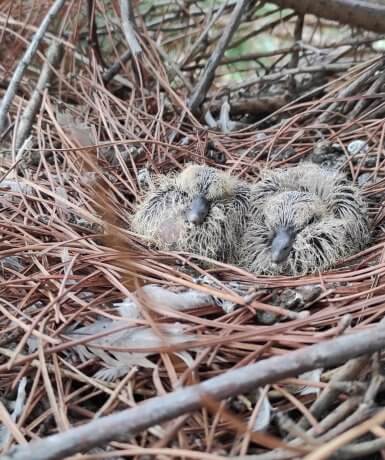
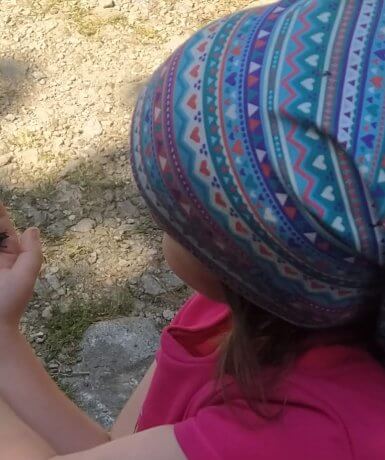
Beneficiaries of the Project
The direct beneficiaries are:
- Non-experts who take part in the two planned events
- Children who take part in the two educational labs
- Visitors to the website (http://www.biotreeversity.com/)
- Experts who take part in the workshop aimed at them
- Visitors to the permanent exhibition
- The Milan City Council, whose trees will be managed in line with conservation arboriculture practices for a year
Other beneficiaries are the residents of Milan who will learn about and reflect more on the place of old trees in their city, as well as enjoy the advantages that the conservation of urban biodiversity brings.
The "Pros" of the Project
The University of Milano-Bicocca’s innovative approach is underpinned by its desire to preserve biodiversity through a combination of scientific study and awareness-raising. Their work involves not only making the city residents and authorities understand the importance of old trees, but to change the city’s policies on this front.
Project leader The Milano-Bicocca University
The University of Milano-Bicocca was founded in 1998, with the aim of making research the strategic basis of all its institutional activities. Between 1998 and 2006, the university campus became a core part of its neighbourhood, something it maintains to this day through new projects, the development of new student accommodation and the continual improvement of its services and infrastructure. The university is not just a place of higher education. It has also become a hub of economic activity thanks to the use and sharing of the knowledge its research produces and its technology transfer initiatives.
The research carried out at Milano-Bicocca spans a wide range of topics, thanks to its many different departments, research centres and centres of excellence. In 2015, it was ranked 24th in the world in a list of the 100 best universities founded in the last 50 years, and 1st within Italy. It also has a wealth of experience in managing projects in Italy, Europe and further afield.
Website


 Contact us
Contact us 


